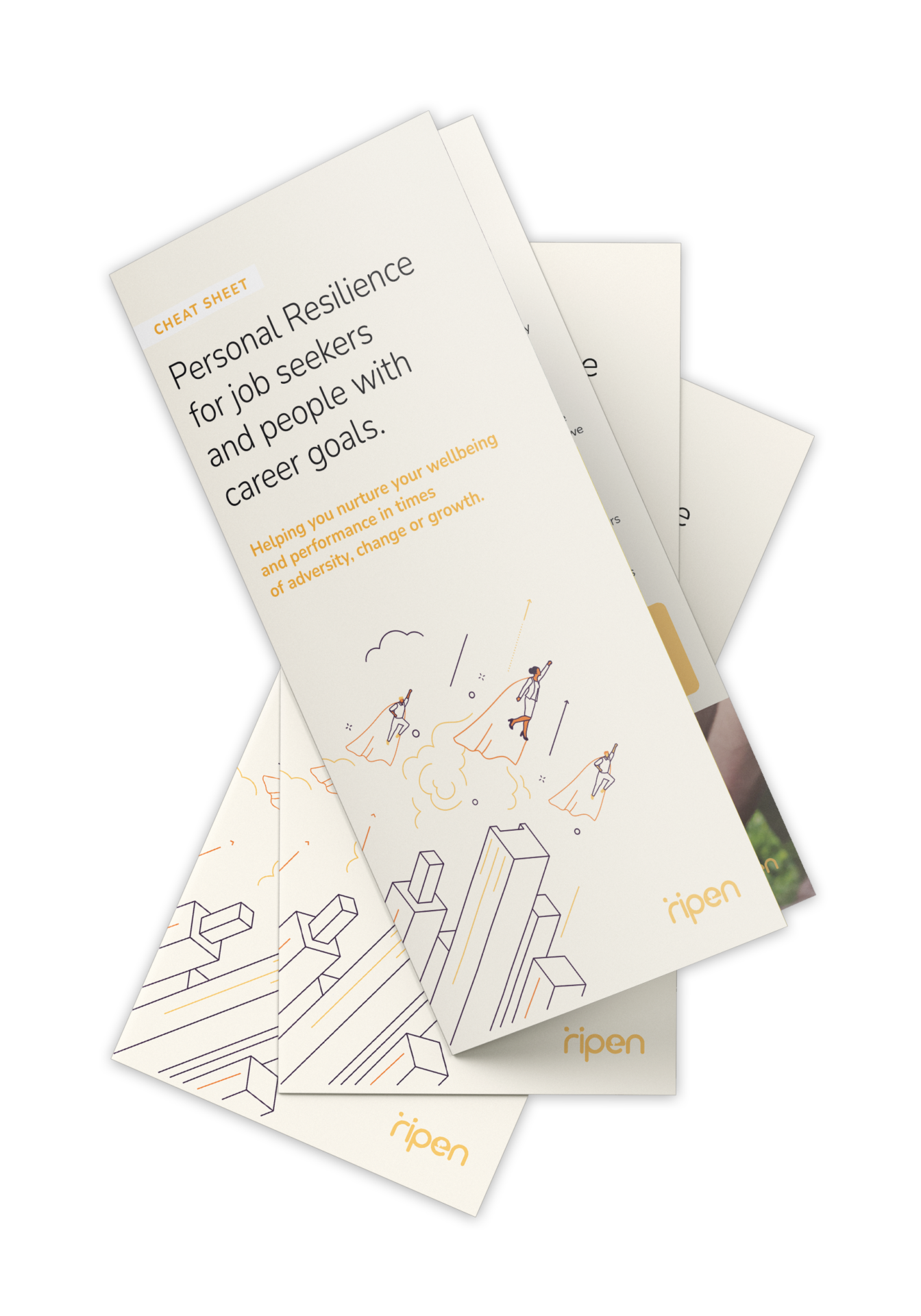
Building Awareness of Mental Health & Resilience for Alleviating Workplace Stress
Now is the time business leaders must step up and take proactive steps for the wellbeing of their employees.
Employee mental health and stress levels
Since the downturn of the economy brought about by the pandemic, multiple factors are affecting employee mental health and stress levels. The chief ones among them are financial insecurity, risk of unemployment, and fear of getting sick.
In addition to that, there are other factors like lockdowns, social distancing policies, isolation periods, and the indefinite suspension of productive activity. As per one report, 69% of workers consider the pandemic as the most stressful period of their working careers. What’s more, 62% of workers reported that they lost at least one hour of productivity a day due to COVID-19-induced stress. That means it is time for business leaders to step up and take proactive steps for the well-being of their employees.
This is where corporate Resilience training can play a significant role. The core aspect of Resilience training is learning practical skills and tools that can help individuals to cope with challenges and hardships. The resilient employee is the one who can thrive through tough times and still remain motivated, productive and with their wellbeing intact.
Stress impacts Productivity!
62% of workers reported that they lost at least one hour of productivity a day due to COVID-19-induced stress!
Dealing with Insecurity
It is known that depression, stress, and anxiety are some of the common markers of psychological stress. With persistent feelings of sadness and negative emotions comes the inability to handle the daily responsibilities of life. A stressed-out workforce is generally less productive, runs low on creativity, and experiences higher rates of health issues.
Since the current pandemic has become a major source of stress, it has decreased the ability of employees to cope with unfavourable life events. This is proved by the fact that the prescribed quantities of antidepressants, antianxiety, and anti-insomnia medications increased by more than 20% during the last few months of 2020. The studies have also suggested that these stressors can still remain active even after the pandemic subsides.
If you look deeply, the modern world is filled with uncertainties and constant change is the only reality that we have. Getting used to and accepting insecurity is the best way to deal with stress and anxiety. This, in turn, will also minimise disruptions that creep into daily work and social functioning.
We all have a critical inner voice that gives rise to a certain level of fear and insecurity within us. The pandemic has made these waves of insecurity stronger and long-lasting. One of the best ways of tackling insecurity is to face life’s hardships and shift perspective to adopt a mindset of growth. It is necessary to accept that our journey through life will not be easy and there will be roadblocks on the way. Learning to get over these obstacles is the key to overcoming mental health issues.
Standard wellbeing programs organised at a corporate level usually include mindfulness classes, offering flexible working hours to employees, or providing access to paid counsellors. However, these types of initiatives have varied uptake and typically low engagement, so relying solely on these methodologies may not be effective for helping employees to live with daily insecurities. In fact, these programs do not have a uniform impact on all employees.
With our Resilience training, the focus is not just on individuals but also on the team. Research has indicated that individuals are born with certain Resilience traits. But the good news is, Resilience is mostly cultivated and there are Resilience traits or abilities that can be enhanced by the right methods of training and learning. Taking care of your physical self helps in developing genetic or biological Resilience. Likewise, there are specific methods that can help in developing Cognitive Resilience, or Social Resilience.
Resilience is mostly cultivated and there are Resilience traits or abilities that can be enhanced by the right methods of training and learning.
The Role of Resilience Training
Resilient training works by embracing the methods that have delivered some of the most resilient teams on the planet. For example, take an elite team of Navy Seals or a top-grade Sporting team like the New Zealand All Blacks. The entire team cultivates a Resilient mindset and a set of Resilient habits on a daily basis. They also support each other during tough moments to ensure optimal performance and wellbeing, with a common language and set of tools for thinking about and optimising their Resilience individually, and collectively.
Keep in mind, Resilience is not about learning to endure more and more stress, or ‘bounce back’ after a downfall. Life’s reality is we cannot go back, what happens to us becomes part of us. Resilience is about having healthy ways to face hardships and still become a better version of ourselves in the process. These methods will teach you and your team to embrace hardships, and still get the job done. Along the way, you will also learn to maintain your physical and emotional wellbeing for alleviating stress. The end results will also lead to more career success and better outcomes in social and personal lives.
Here are 3 proven benefits of staff Resilience training:
1. Successfully steering through various stressors that can impact performance in the workplace. For example, managing large workloads, tight deadlines, or remote working.
2. Recovering from trauma and dealing effectively with setbacks that have come up. For example, navigating failure, physical injury, or loss.
3. Surviving hostile environments that can lead to emotional and social insecurities and risks. For example, operating in a challenging work culture, handling customers, or managing conflicting stakeholders.
Ready for Resilience training?
Do you want your team or employees to overcome the psychological barriers related to workplace stress and deliver their best performance? Resilience training is one of the best proactive steps you can take to build employee Resilience and steer your organisation through times of adversity, change, or growth.
Our team is comprised of psychology and human performance experts who have the right level of experience and knowledge to deliver practical and proven employee Resilience training courses. We have been training teams from small, medium and global organisations since 2016, across 25+ countries. Our Digital Resilience Training is our most in demand program for building awareness of mental health and alleviating workplace stress, delivering proven increases in Resilience capability and employee wellbeing.
If you want fast results for your team, book a call with our friendly team to learn more.
Credits
- ‘Antidepressant prescribing up 6% in last three months of 2020’ – Retrieved from: https://pharmaceutical-journal.com/article/news/antidepressant-prescribing-up-6-since-2019
- ‘HRE’s number of the day: Coronavirus stress’ – Retrieved from: https://hrexecutive.com/hres-number-of-the-day-coronavirus-stress/
- ‘How to Overcome Insecurity: Why Am I So Insecure?’ – Retrieved from: https://www.psychalive.org/how-to-overcome-insecurity/
- ‘To Overcome Your Insecurity, Recognize Where It Really Comes From’ – Retrieved from: https://hbr.org/2018/06/to-overcome-your-insecurity-recognize-where-it-really-comes-from
- ‘Building your resilience’ – Retrieved from: https://www.apa.org/topics/resilience
